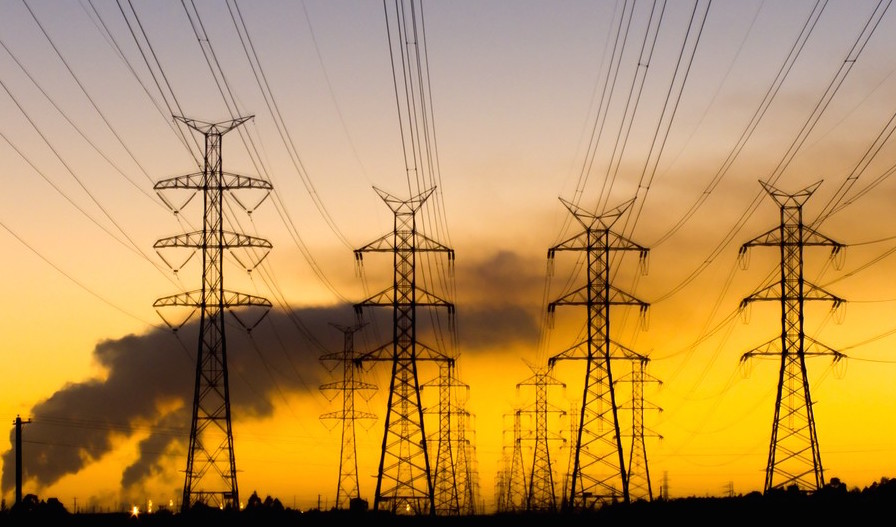- FG Considering Options for Rescuing Electricity Industry –BPE
The Federal Government is considering a number of options, including cost-reflective tariffs and injecting new investors into the electricity distribution and generating companies so as to revive the firms, the Bureau of Public Enterprises has said.
The Director General, BPE, Mr Alex Okoh, said this in an interview with journalists during the presentation of certificates to participants in a workshop on anti-bribery and anti-corruption facilitated by the Director of Malkara Consulting, Australia, Mr Chris Douglas.
Okoh said the options under consideration by the government included the proposal to dilute the investment of the current core investors in the power companies by bringing in new investors as well as increasing tariffs to enable the operators to recover costs and invest in new equipment.
He stated, “It is one of the options (new investors). It is not the only option we are considering; we don’t believe that is the only solution. “If you bring in new investors and you don’t correct the market distortions, it will still be the same result.
“The options include setting the right cost or price framework for the market. If a market cannot guarantee price recovery; as an investor, you come into a business and you cannot recover the cost of doing that business, the likelihood is that you will not do the business in the first place.
“So, there is a whole suite, a whole bouquet of interventions and initiatives that we are looking at, including cost-reflective tariffs. In the case where that is not possible, we are looking at other compensation strategies that we can put in place for the Discos.”
Okoh added, “We also have to look at the capacity of the Discos to technically manage the franchises. We have to look at the capacity of the Discos to invest in the distribution infrastructure – issues around transformers, meters and their revenue collecting assurance programme.
“So, it is a whole bouquet; and if you look at the Power Sector Recovery Programme, it provides a clear road map to resetting the entire industry and making sure that the Discos are able to deliver on power.
“For us, it is not necessarily the process of the sale of the Discos that has created those problems in the distribution network. It is some of the issues of assumptions that were made to make the market viable. Those assumptions have not been implemented yet.”
The BPE boss also stated that 36 per cent of the public enterprises that had been privatised by the agency had not lived up to expectation, adding that those enterprises would be reviewed so that they could be helped to do better.
He said, “We reckon that about 36 per cent of the enterprises that have been privatised so far are challenged in one way or the other. So, those are the ones we want to concentrate on. We want to understand what the issues are; why they did not meet the objectives of privatisation.
“We don’t want to abandon them; we want to bring any kind of intervention that is necessary to put these enterprises back on the path of profitability so that they can render the services for which they were privatised.”
However, Okoh ruled out the possibility of going back to review any transaction that had been concluded in the past except for any glaring case of abuse of process.
Going forward, he added that the concern of the bureau was to put in place a process that would ensure that the right thing was done in the eyes of the public so that this would reduce suspicions that enterprises were being sold to the cronies and friends of people in government.

 Forex3 weeks ago
Forex3 weeks ago
 Naira2 weeks ago
Naira2 weeks ago
 Billionaire Watch2 weeks ago
Billionaire Watch2 weeks ago



 Naira3 weeks ago
Naira3 weeks ago






 Naira2 weeks ago
Naira2 weeks ago




 Naira1 week ago
Naira1 week ago




 Naira4 weeks ago
Naira4 weeks ago






 Naira1 week ago
Naira1 week ago




















